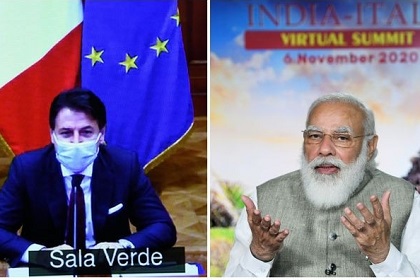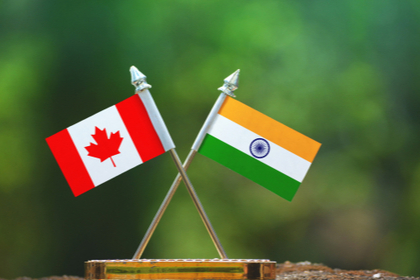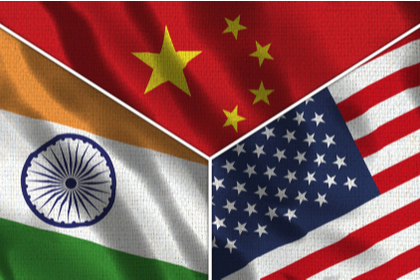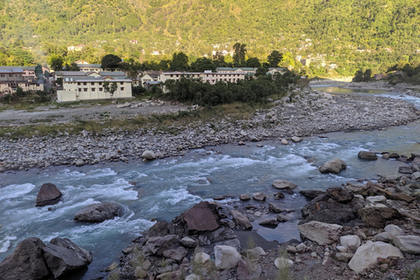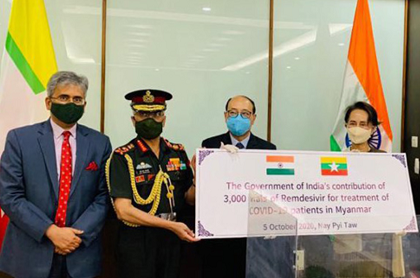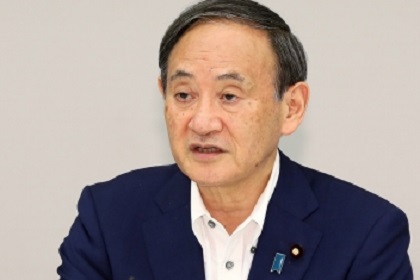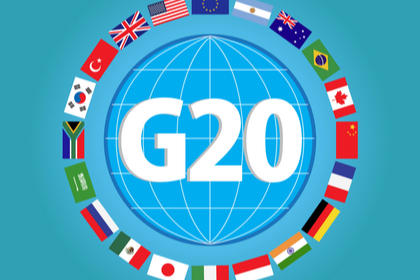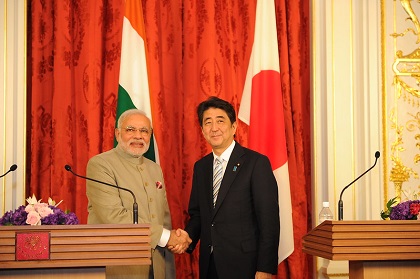India and Italy get going
The India-Italy bilateral is looking up again, after a hiatus. A digital summit of the two leaders was held on 6 November 2020, and assumes greater significance in light of the pandemic, and Italy’s upcoming presidency of the G20. The most promising outcome of this energetic diplomacy and summiteering, is that Italy is slowly being weaned away from its close economic embrace with China. Its trade and investment are unlikely to decouple soon, but Italy is now more in line with the EU initiatives on 5G and quality infrastructure - the right time for Italy and India to derive advantage from it.

